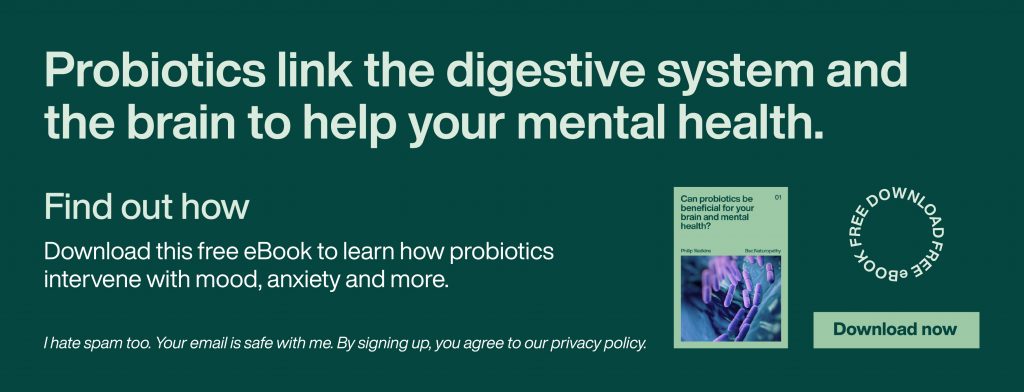When it comes to magnesium and its role in around six hundred different biochemical reactions in the body, essential is an understatement.
In this episode, we’re going to break down some of the key reasons magnesium is one of the first interventions when patients initially visit the clinic.
Issues with not getting enough magnesium in the diet seem to be ubiquitous across different regions.
For example, in Hong Kong, more than seventy per cent of the male population consumed below the WHO-recommended nutrient intake (RNI) for magnesium. More than sixty per cent of the female population ate below the RNI in the same study.
If so many people are deficient worldwide, why don’t they see more pronounced symptoms?
Learn more about how subclinical deficiencies are hard to detect via a blood test and a new way of understanding if you are getting enough.
Magnesium can improve the quality of your sleep.
Find out how this important mineral can help you get to sleep and stay asleep along with a surprising connection with melatonin.
It can also can unlock your brain, especially in stress and depression.
Magnesium plays critical roles in your mental health, sometimes without you even noticing.
Learn more about the circular relationship between it and stress. For example, did you know that stress made magnesium levels worse and lower levels made stress worse?
Vitamin D relies heavily on magnesium for it’s journey through the body.
Magnesium plays a key role in helping other nutrients activate and function correctly in the body. Vitamin D is one of those nutrients and the end of this episode you can learn more about how this works.
Find out about how much to use and how to choose the right supplement for you.
Not all supplements work in the same way. Learn more about how each different form of magnesium works so you can choose the right one for you.
All this and more in this episode of Free and Inspired radio!
Watch Video Now
Listen to this episode on Free and Inspired Radio
Listen to Free and Inspired Radio on your favourite platform

